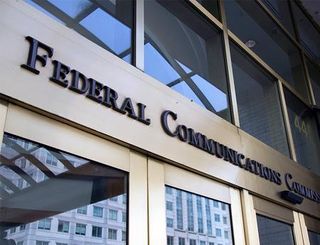FCC Sets Next DSTAC Rendezvous

The FCC has penciled in March 24 for the second meeting of the Downloadable Security Technology Advisory Committee (DSTAC), the group tasked with helping the agency pursue a successor to the CableCARD, the removable security module that failed to generate a robust retail market for cable-ready set-top boxes.
The first meeting, held in March, focused on the scope of the initiative, which aims to cover not just cable operators, but telco and satellite TV providers. Part of the discussion centered on the notion of a “black box,” that could end up being a new, discrete piece of hardware or merely a metaphor for a more virtualized component or chip that can be embedded in set-tops and other video devices.
The DSTAC is comprised of 18 individuals from companies such as Dish Network, Amazon, Comcast, Cablevision Systems, Charter Communications, TiVo and Google. They are charged with filing a report to the FCC by September 4 that identifies and recommends performance objectives and technical capabilities tied to a “platform-neutral software-based downloadable security system” that is “not unduly burdensome.” The committee was formed after the passing of the STELAR Act in December 2014, which will sunset the current integration ban this December and calls on the FCC to pursue a downloadable alternative.
At the first meeting, the DSTAC also started to debate whether over-the-top services should be considered in the report, which is being researched as the FCC looks to create new rules that will would define some online video providers as MVPDs, at least with respect to access to cable and broadcast TV programming.
Multichannel Newsletter
The smarter way to stay on top of the multichannel video marketplace. Sign up below.
